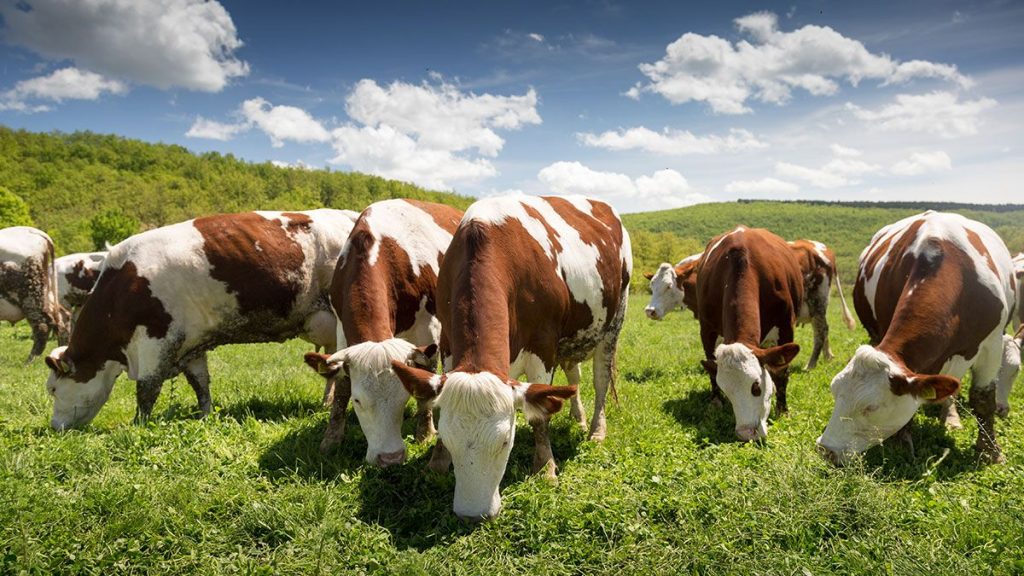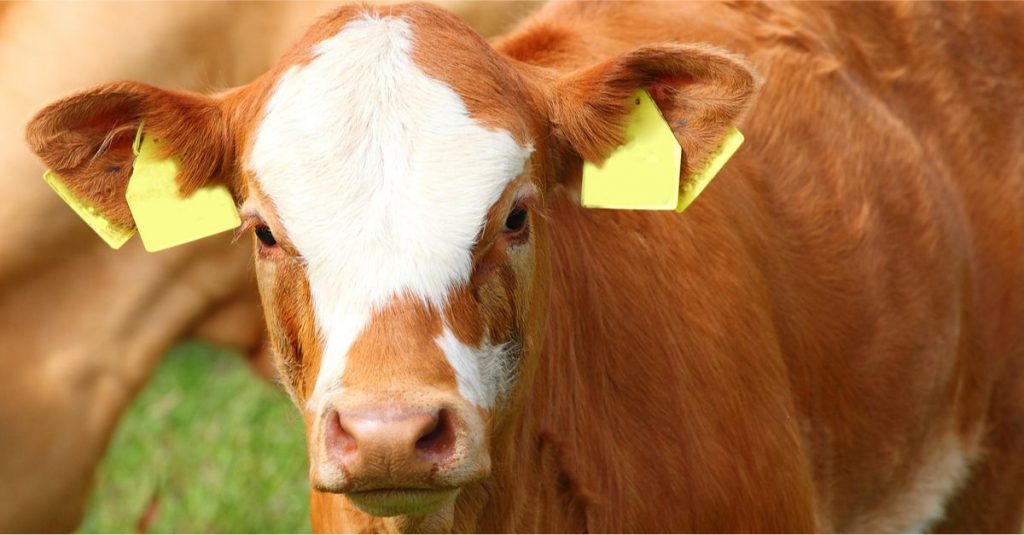
Generally considered to be more environmentally friendly, organic meat actually has a climatic cost as high as conventionally farmed meat, according to this new German study.
A minimal difference in greenhouse gas emissions
As part of the work presented in the journal Nature Communications, a team of German researchers evaluated the environmental costs “ invisible »From food production, land and fertilizer use to methane emissions and transportation. Their analysis focused on meat products, dairy products and foods of plant origin, for which organic and conventional production were compared.
While the first approach, banning the use of nitrogenous and mineral fertilizers, turned out to reduce emissions for dairy and vegetable products, for meat, the environmental costs turned out to be just as high in both case. This could not be explained by the fact that livestock from organic production need more land and present a ” lower productivity “.
Emissions from conventional livestock come from manure and, for cattle and sheep, methane releases, while crops can also participate in these emissions when linked to deforestation. Although the cows from production do not eat imported fodder and are grass fed, they grow more slowly, resulting in higher levels of emissions before slaughter.

” We expected that organic farming would perform better for animal products but, while it certainly turns out to be better than conventional farming in other respects, in terms of gas emissions. greenhouse effect, the difference is minimal “, said Maximilian Pieper, principal investigator of the study.
The price of meat from traditional breeding very far from reflecting its environmental cost
The authors of the study explained that they sought to make the environmental cost of these different products more tangible for the consumer. According to their calculations, conventionally produced meat should be 150% more expensive than today to take into account its environmental impact. By comparison, organically produced and plant-based foods should only cost 6% more. This implies that the price of organic meat reflects its impact on the environment, while conventional meat is cheap because no one pays for the environmental damage it causes.
The new research is based on the principle of ” polluter pays Which suggests that polluting sectors should bear the cost of environmental damage caused by their activities. If this were actually applied, the higher price of meat would encourage the abandonment of meat-based diets, which are more harmful to the environment, in favor of more ecological diets rich in products of plant origin.
Of course, not everything is so simple. The increase in the price of vegetables and fruits would make a healthier diet unaffordable for many people, while a drastic increase in the price of red meat and dairy products, directly linked to an increased risk of cancer but constituting sources essential food for many would also prove problematic. To avoid this, the researchers suggested using government subsidies and social compensation measures as alternatives to an additional environmental tax.
Reasoned changes would have significant positive repercussions
According to the team, applied in a reasoned way, such changes would have positive repercussions, with a reduction in meat consumption, inducing a decrease in land devoted to livestock, which could be returned to nature. Which would help restore ecosystems around the world.
” The policy implications are clear: putting a price on emissions in all sectors of the economy, including agriculture, would provide a coherent and much-needed incentive to move towards healthier and more healthy diets. durable », Estimated Marco springmann of the’Oxford University, who did not participate in the study.

